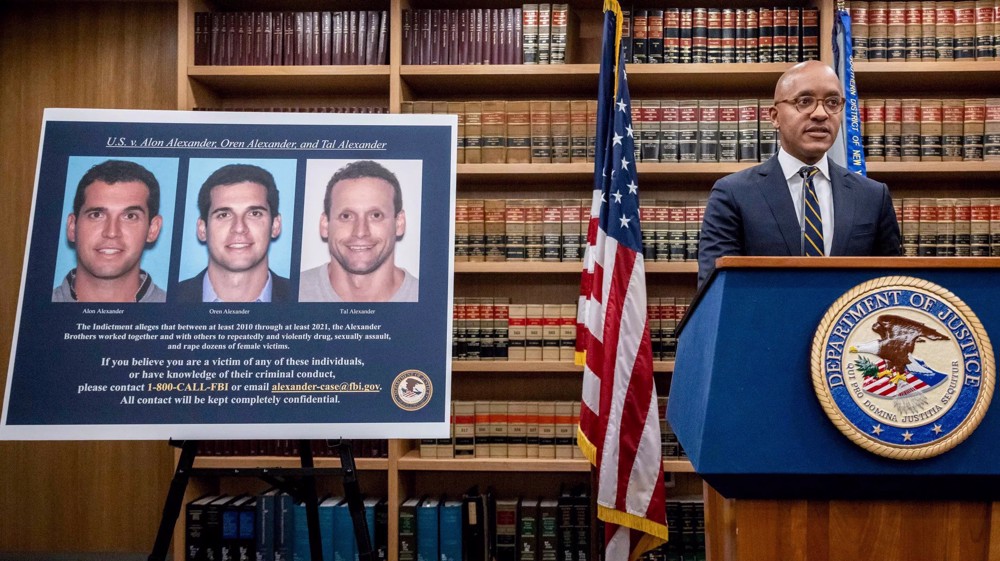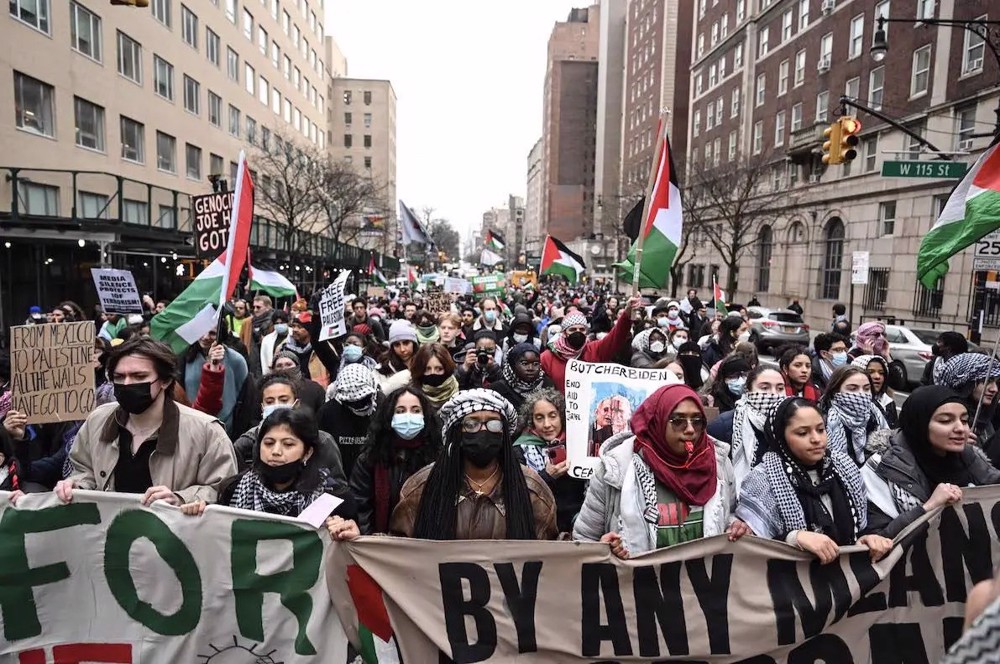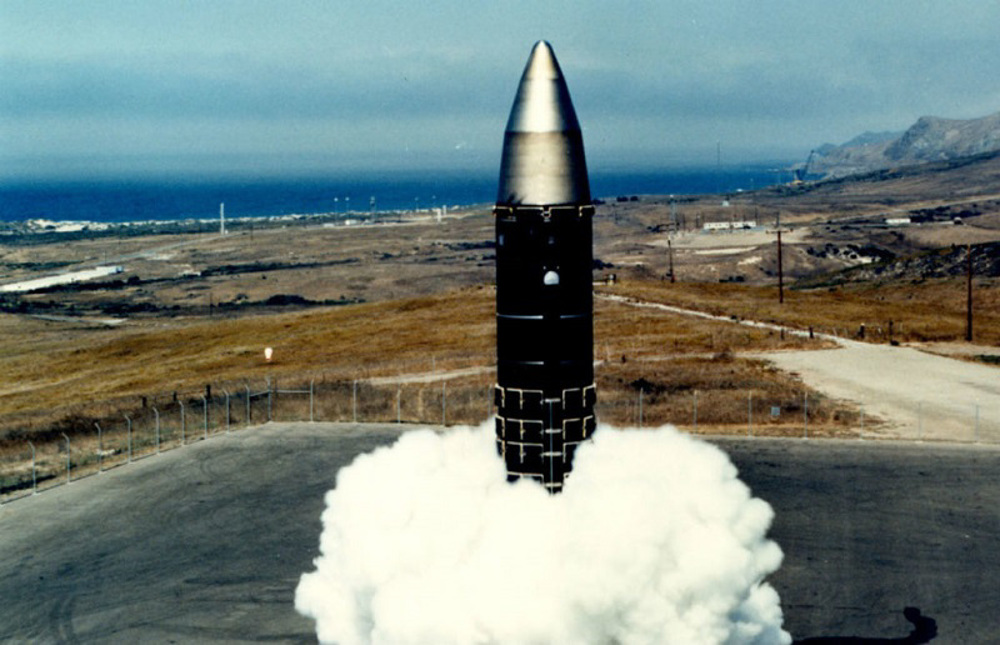US company, Metabiota, hurdled Ebola response in 2014
An American company’s costly mistakes hampered international efforts to battle the Ebola outbreak that swept across West Africa in 2014, a new investigation has found.
The Associated Press investigation, published on Monday, found that employees with Metabiota Inc., a San Francisco-based company, engaged in feuds with other aid workers and contributed to misdiagnosed Ebola cases.
The company, which bills itself as a pioneer in tracking emerging epidemics, also misread the virus’ trajectory and put a large group of people exposed to the deadly disease.
Metabiota was first contracted by the Sierra Leone government and the World Health Organization (WHO) in 2014, while the virus was circulating in neighboring Guinea.
However, staff interviews and leaked emails show that the company made the already chaotic situation even worse, to a point where WHO outbreak expert Dr. Eric Bertherat wrote to his colleagues on July 17, 2014, "this is a situation that WHO can no longer endorse.”
In his email, Bertherat relayed reports of “total confusion” at the Sierra Leone government lab that Metabiota and Tulane University shared, adding there was "no tracking of the samples" and "absolutely no control on what is being done."
The expert accused the American company of providing clumsily done reports that were particularly dangerous amid suspicion that international workers were deliberately spreading the virus.
In another instance, Gary Kobinger, head of special pathogens at the Public Health Agency of Canada, double-checked some of Metabiota’s work and found as many as five people wrongly diagnosed with Ebola.
The mistakes stirred concerns that were relayed all the way up to WHO’s Director General, Dr. Margaret Chan.
Meanwhile, Metabiota chief executive officer and founder Nathan Wolfe dismissed the allegations altogether, saying no evidence suggested his company was to blame for the lab blunders.
He said the wrong predictions about the epidemic did not reflect the company’s position as they were made by employees who were on loan to the Sierra Leone government.
The case mirrored a wider mismanagement that crippled the worldwide response to Ebola, which has taken more than 11,000 lives.
The WHO refused to sound the alarm over Ebola for two months and failed to put together a decisive response even after the alert was issued.
Saudi delegation meets HTS leader at presidential palace in Damascus
Relentless Israeli ceasefire violations justify need for self-defense: Lebanese MP
Tel Aviv tells Damascus Israeli forces will remain in occupied territory: Report
Dec. 22: ‘Axis of Resistance’ operations against Israeli occupation
‘Abhorrent’: Oxfam says only 12 trucks delivered aid in North Gaza since Oct.
VIDEO | Leader receives religious eulogists on Hazrat Fatima birth anniv.
Pope Francis slams Israel’s ‘machine-gunning’ of Gaza children
US hostage-taking of Iranian nationals violation of intl. law: Deputy FM










 This makes it easy to access the Press TV website
This makes it easy to access the Press TV website